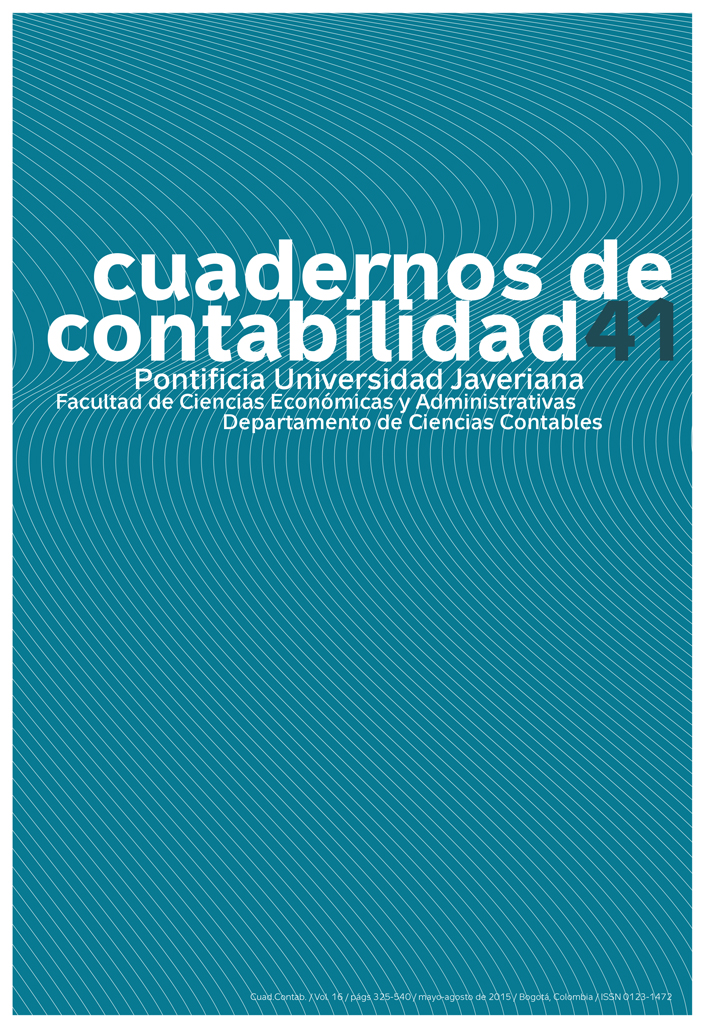Abstract
This texts defends education for critical
thought based on a dissertation field that links human dignity
with the development of the accounting discipline.
Based on a documentary work and context-based problem
formulation, we examine how hyper-modern thoughtlifestyle
cast aside the power of critical reasoning as a fundamental
means to promote ethical-political projects. The
aim of said projects would be the acknowledgement of
thousands of human beings that are currently excluded and
rejected by and from the postulates of the globalized neoliberal
model. We describe how the socio-economic contradictions
of the prevailing development model demand that
the Public Accounting programs re-think their Educational
Projects (EP) to discover how can they go and meet
their students to assist them in their training process. We
conclude that simple functional reading and writing, divorced
from critical thinking, leads to an emergency of the
computatōris globalizzatus, which cannot easily articulate
its knowledge and professional expertise to the needs of its
society. We conclude by proposing several recommendations
leading to make easier the reform of the EP and the
development of accounting master's degrees.
El aval sobre la intervención de la obra (revisión, corrección de estilo, traducción, diagramación) y su posterior divulgación se otorga mediante una licencia de uso y no a través de una cesión de derechos, lo que representa que la revista y la Pontificia Universidad Javeriana se eximen de cualquier responsabilidad que se pueda derivar de una mala práctica ética por parte de los autores. En consecuencia de la protección brindada por la licencia de uso, la revista no se encuentra en la obligación de publicar retractaciones o modificar la información ya publicada, a no ser que la errata surja del proceso de gestión editorial. La publicación de contenidos en esta revista no representa regalías para los contribuyentes.


